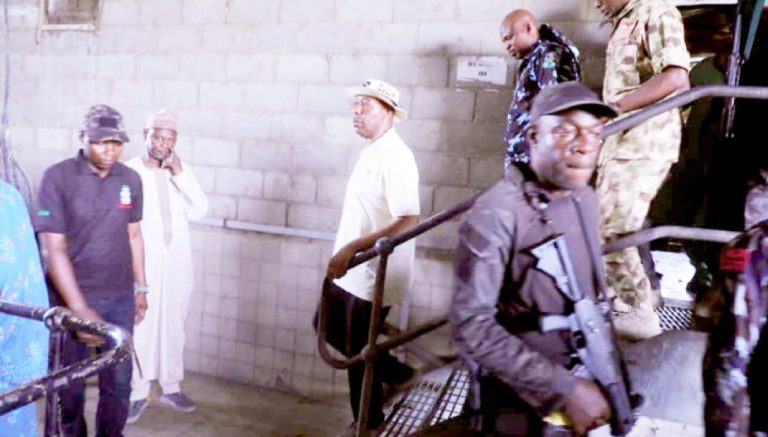At least 90 farmers and fishermen have been killed in the past five months in two deadly attacks linked to Boko Haram and its splinter group, the Islamic State of West Africa Province (ISWAP), in the Lake Chad region of Borno State.
According to local and security sources, the attacks occurred between January and May 2025, with the most recent taking place on May 15 at Malam Karanti in Kukawa Local Government Area. ISWAP fighters reportedly stormed a bean field, killing over 50 farmers and abducting several others. Survivors said the assailants surrounded them, threatening to execute anyone who tried to flee. Most of the victims were said to have been slaughtered on the spot.
Prior to the attack, the farmers had reportedly been operating under the protection of an ISWAP commander, Amir Akilu, after agreeing to pay levies. However, the absence of the commander created an opportunity for rival Boko Haram fighters to strike, accusing the farmers of espionage.
In a similar attack on January 10, 2025, at least 40 farmers were killed at Dumba Island near Baga. The attackers accused them of collaborating with Nigerian troops despite previously granting them permission to farm.
Corpses Inaccessible for Burial
Five days after the Malam Karanti massacre, the bodies of the slain farmers remained unrecovered. A relative of two victims, identified as Baana, said attempts by a joint team of soldiers and civilian vigilantes to retrieve the corpses were unsuccessful due to insecurity in the area.
Zulum Calls for Offensive on Terrorist Strongholds
In response, Borno State Governor, Prof. Babagana Umara Zulum, called on the military to launch operations into the Lake Chad Islands, particularly the Tumbus, which he described as the breeding ground for insurgents. Speaking during an assessment visit by the Minister of Defence, Badaru Abubakar, and Chief of Defence Staff, Gen. Christopher Musa, Zulum lamented the military’s inaction over the past decade in these areas, warning that porous borders with Chad, Niger, and Cameroon were enabling the influx of foreign fighters.
CDS Emphasizes Lake Chad Recharging
The Chief of Defence Staff emphasized the importance of recharging Lake Chad to aid military operations. Gen. Musa explained that restoring water to the lake would remove barriers for naval access and help flush out terrorists. He also highlighted plans for acquiring advanced weaponry and adopting new strategies to end the insurgency.
Farmers Caught Between Rival Terror Groups
Security sources revealed that some farmers had struck agreements with one ISWAP faction, paying levies for access to farmland. However, another group, unaware of the arrangement, attacked them. In some cases, farmers who failed to meet insurgents’ demands were enslaved or forced to serve as couriers and logistics workers.
Amnesty International Condemns Attack
Amnesty International condemned the Malam Karanti killings in a statement on its official X handle, labeling the attack as a war crime and calling for thorough investigations. The organization criticized the government’s failure to protect rural communities and urged authorities to hold perpetrators accountable.
The rights group noted a pattern of killings since 2020, with nearly 250 farmers murdered in similar incidents. Victims were often targeted for refusing to pay illegal levies or cooperating with rival factions. Amnesty warned that without decisive action, civilians in Borno and other conflict-prone regions would remain vulnerable.
Background: Zabarmari and Continued Violence
The recent violence echoes the 2020 Zabarmari massacre, where over 40 rice farmers were killed by Boko Haram in Jere LGA. That incident, described by the UN as one of the deadliest against civilians that year, remains a chilling reminder of the threats rural communities face in Nigeria’s northeast.
As Boko Haram and ISWAP continue to compete for territory and influence, civilian casualties are mounting—underscoring the urgent need for coordinated, aggressive counterterrorism efforts.





